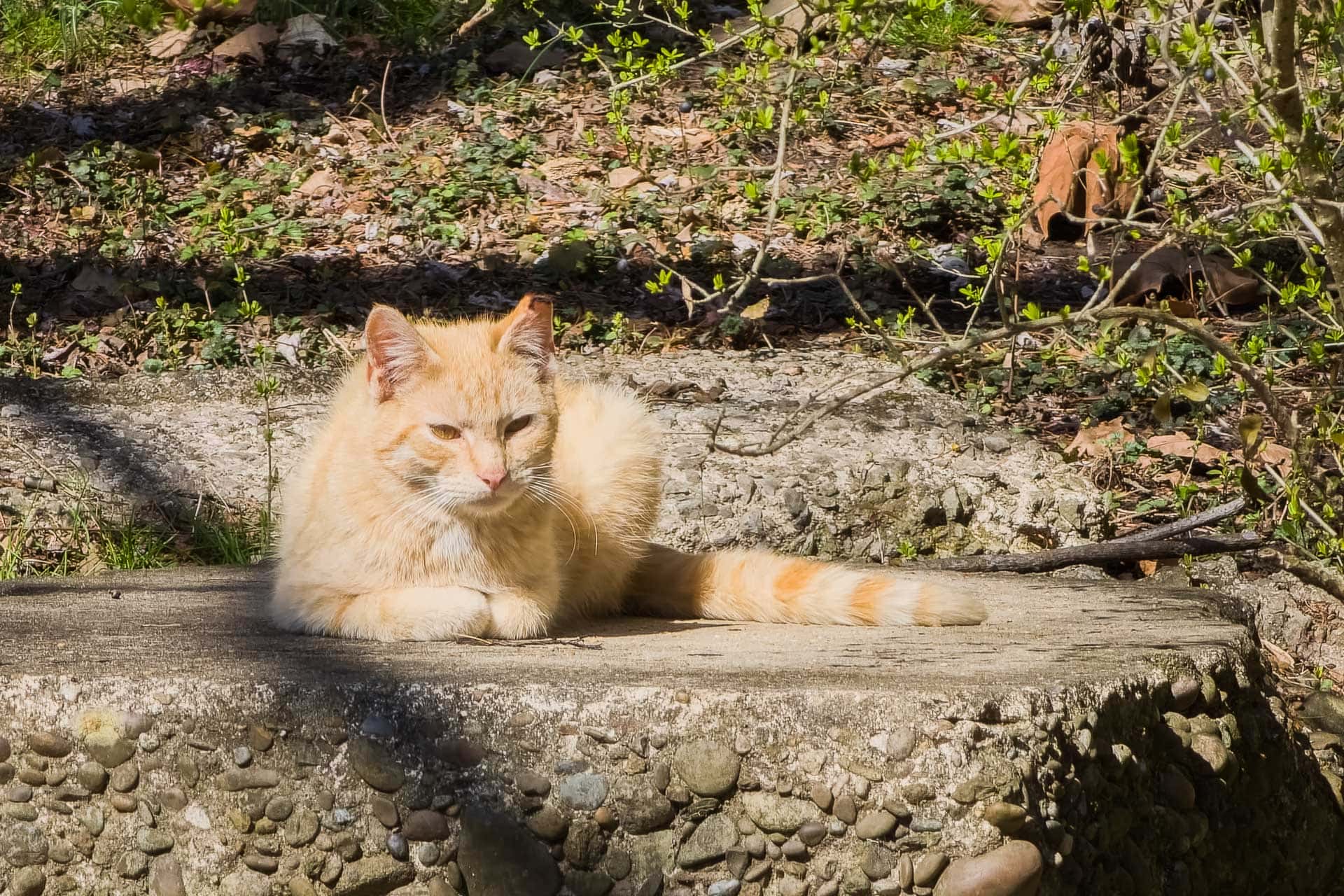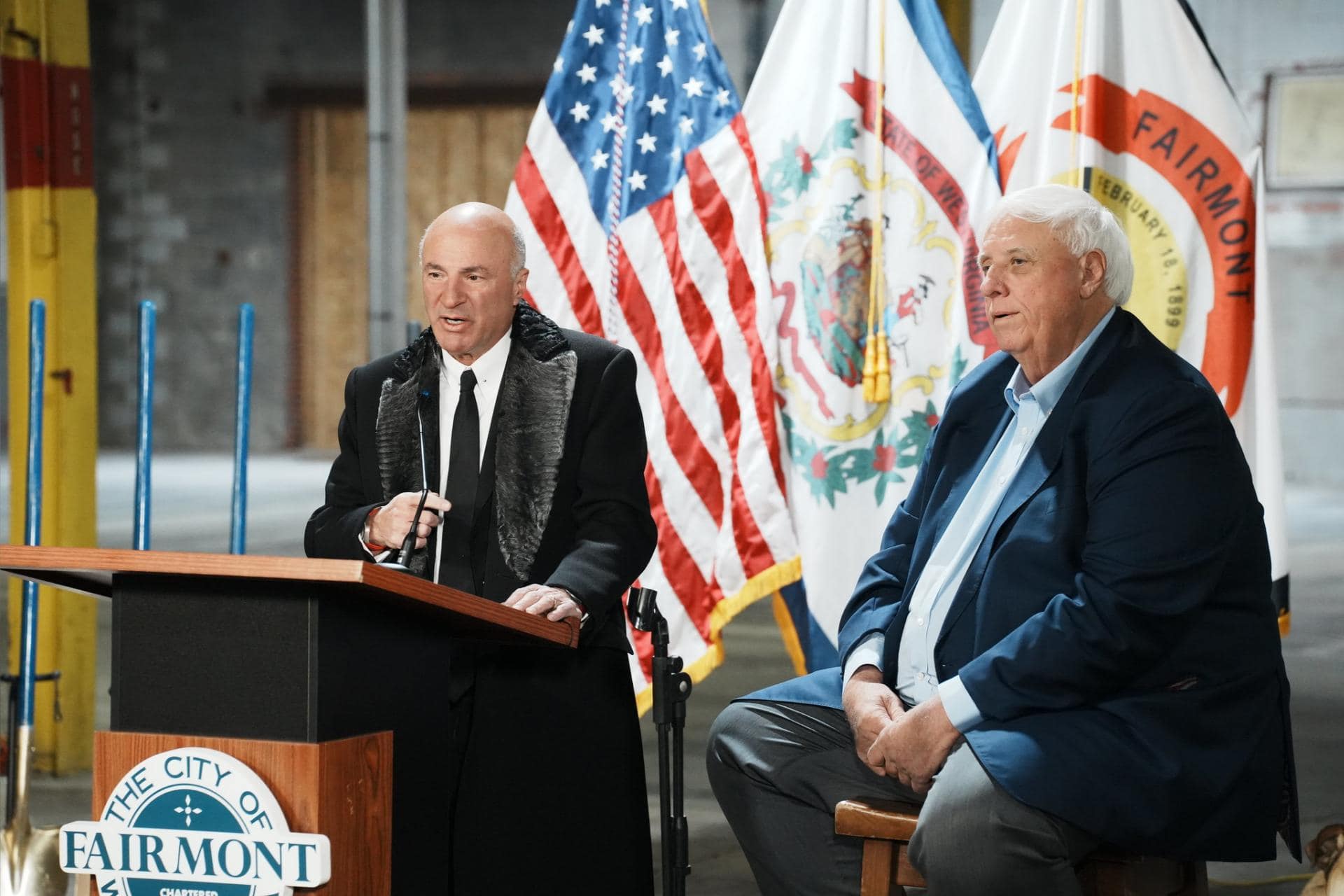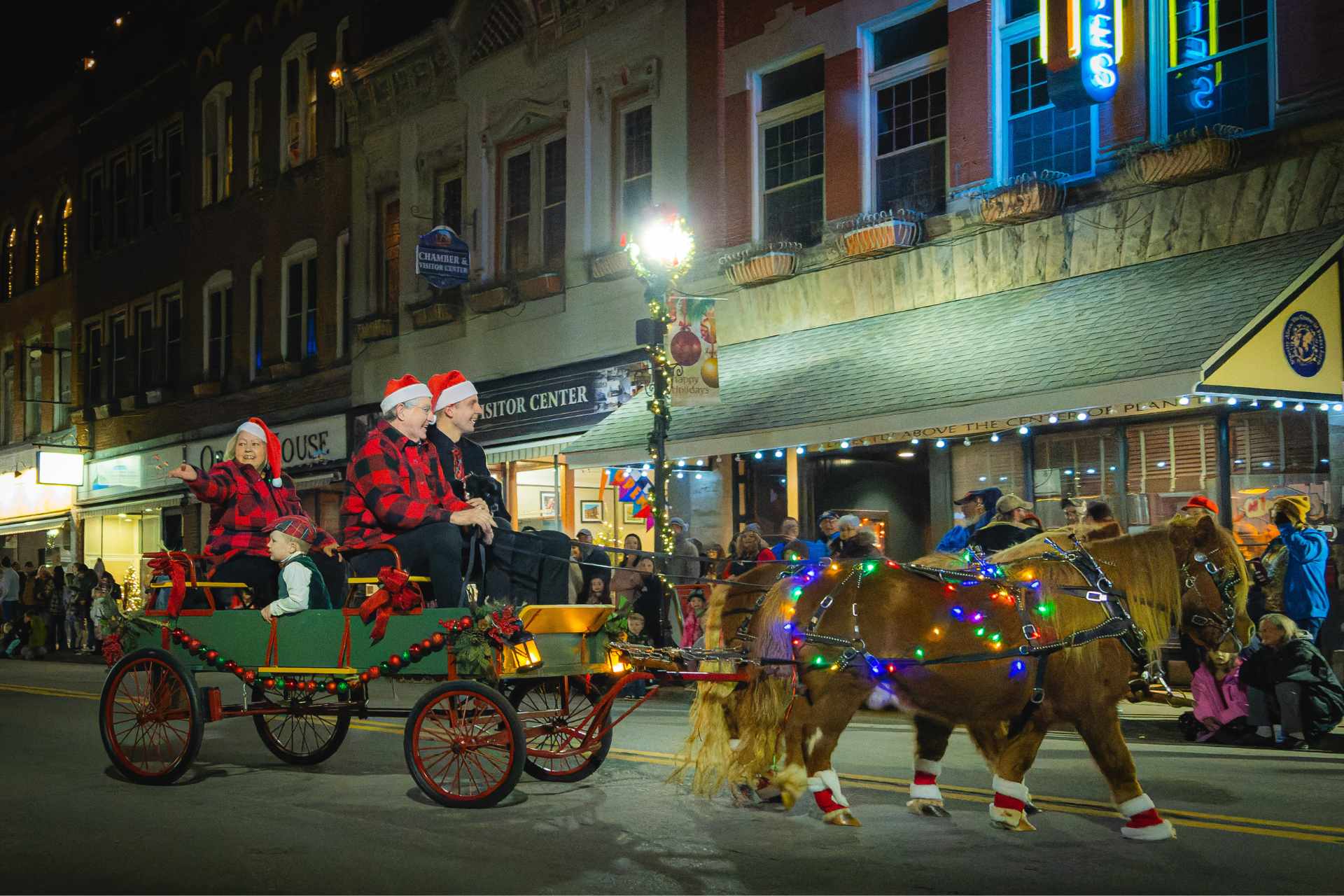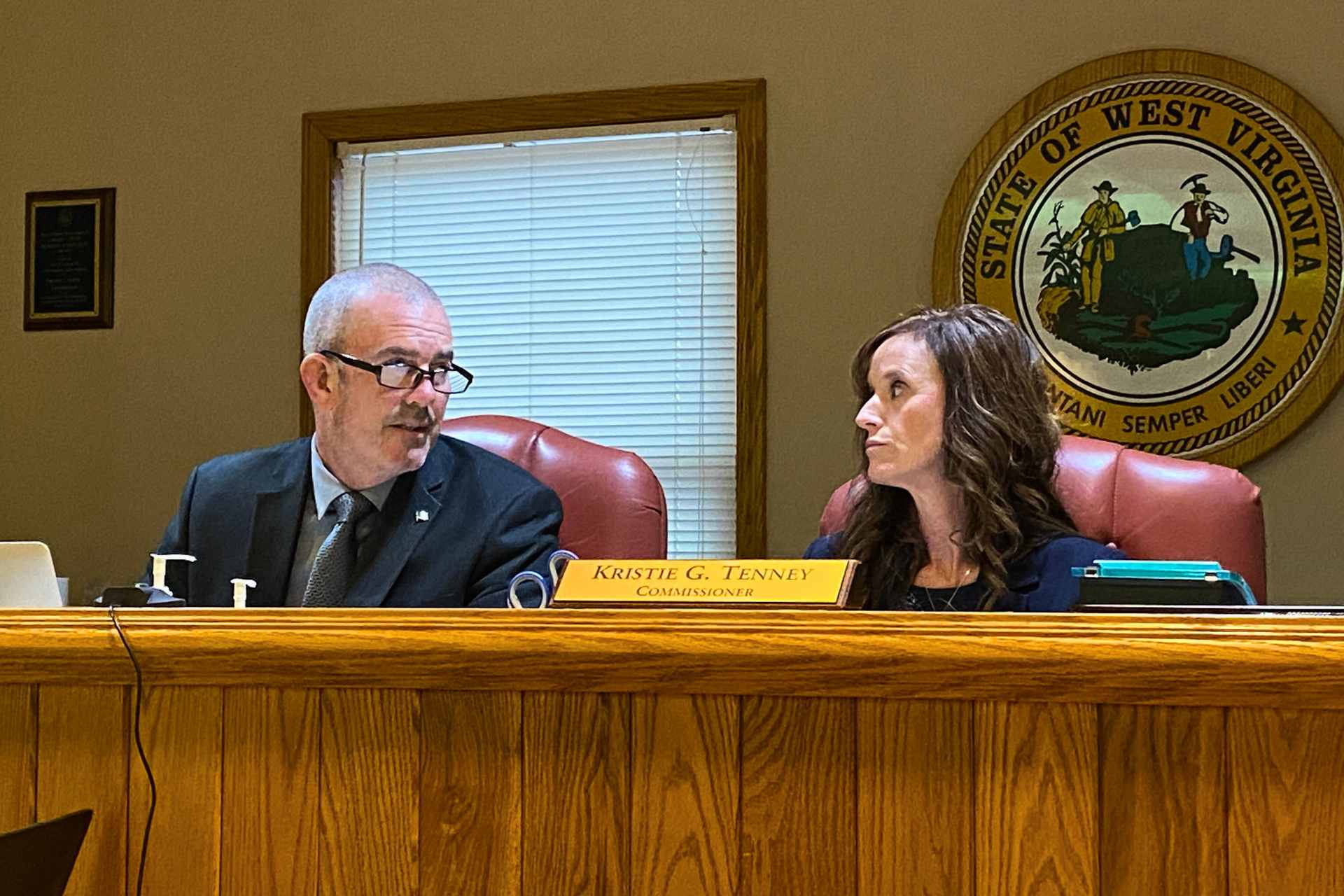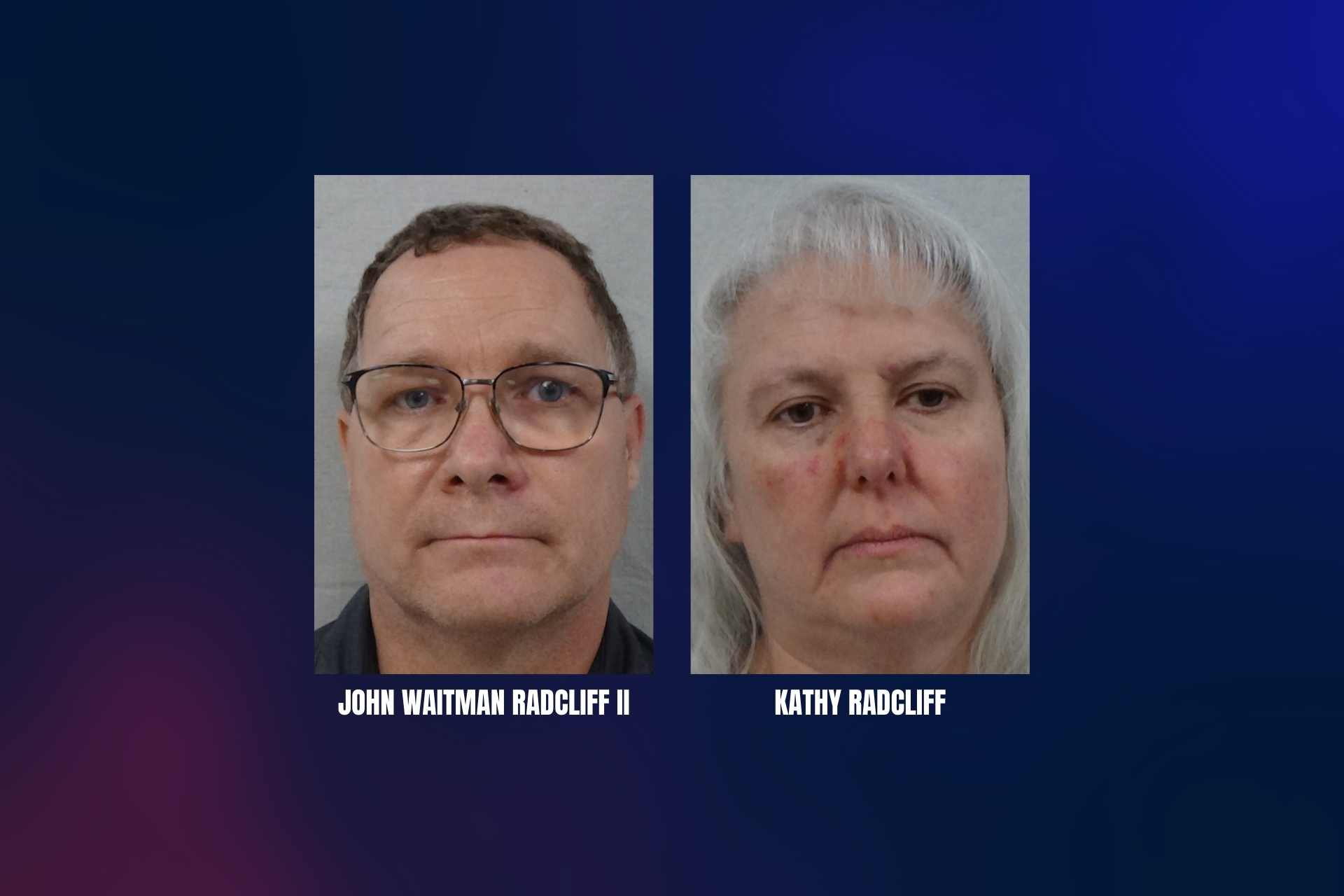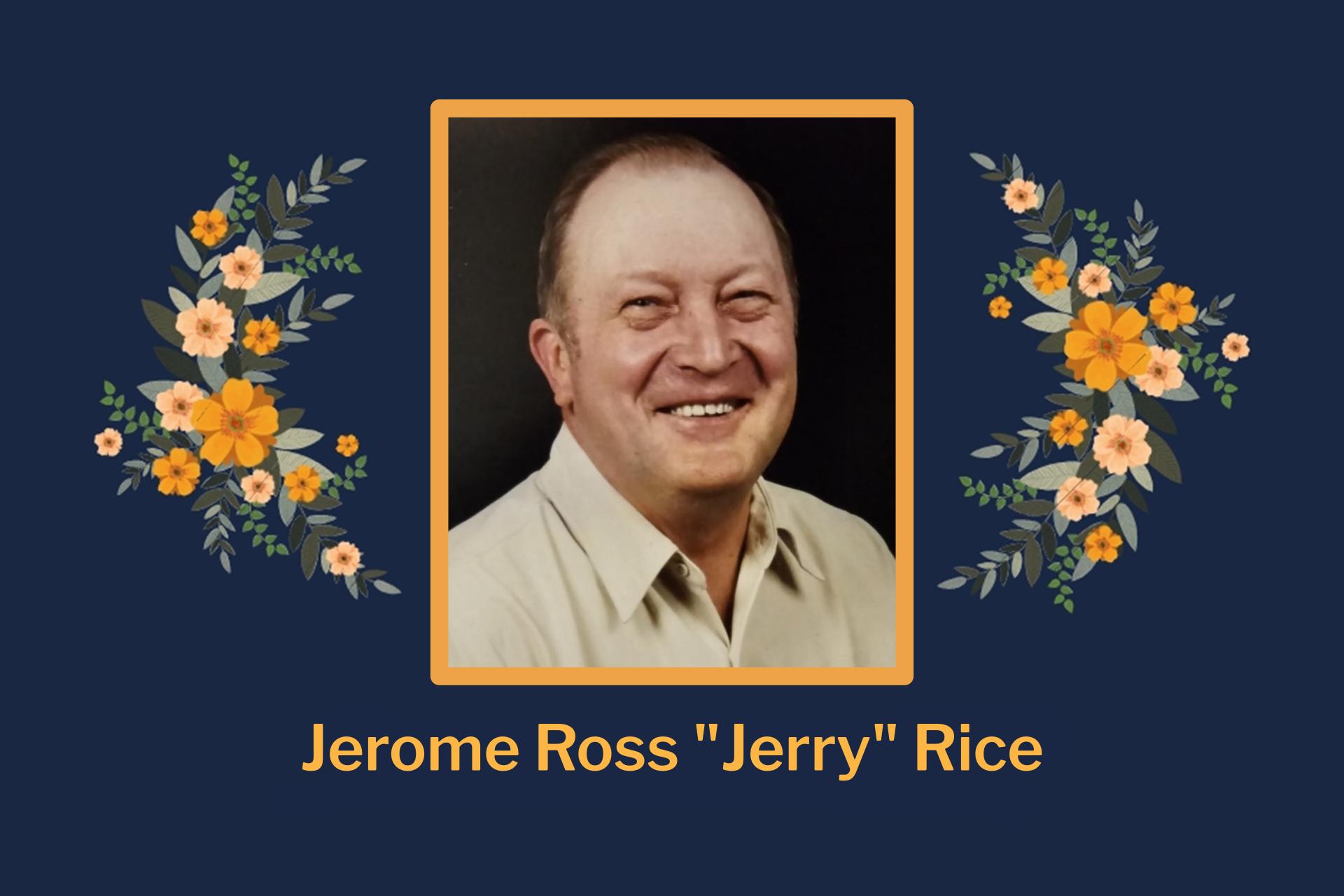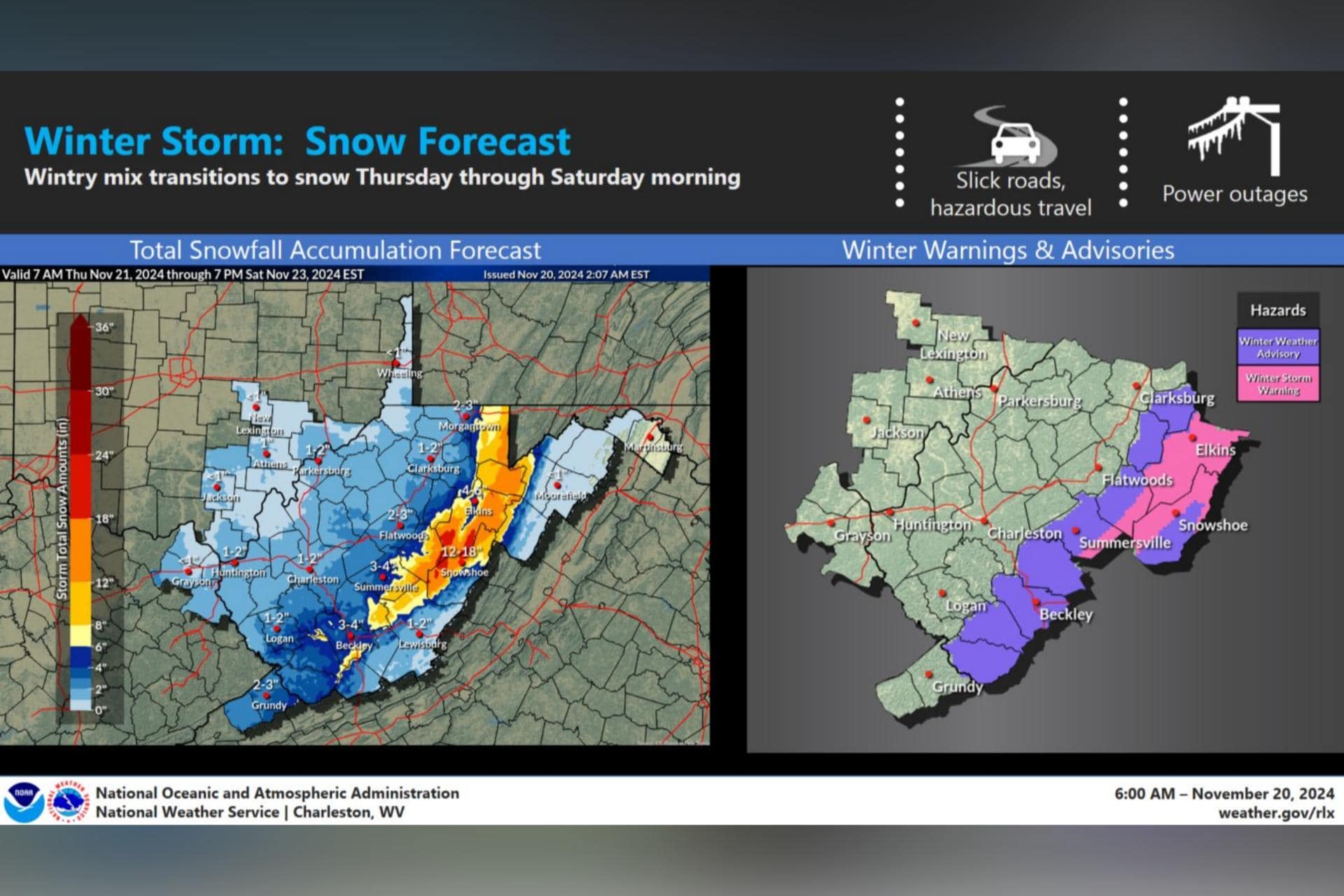BUCKHANNON – An employee with the Lewis-Upshur Animal Control Facility has started to trap, neuter or spay, and release the cats living in the cat colony on the Riverwalk Trail.
Mariah Goldsmith, a kennel assistant for LUAC, said the City of Buckhannon has received several complaints about the colony, so Buckhannon mayor Robbie Skinner, representatives from LUV 4 Animals and LUAC gathered to find a solution.
“When they had the meeting to figure out what to do about them, the [Spay Neuter Assistance Program of West Virginia] posted their free Feral Day, so I said I would more than happy to go down and catch some to get them fixed and put them back out because now they’re vaccinated, they’re flea-treated, de-wormed, fixed and have a rabies vaccination,” Goldsmith said. “When I caught them, I took them to my house for the night before their appointment, then kept them for 24 hours after so they weren’t dizzy and when I put them back, I left them in the trap to sit so they knew where they were for about 10-20 minutes, and they were just fine.”
Goldsmith trapped 10 of the colony cats and three of them found a new home.
“Most of them were feral, but the ones I rehomed are going to an enclosed barn, and they were a little more on the friendly side, so these people will work with them,” she said. “[The barn owner] has gotten feral cats from us before, and those turned into house cats, so she needed more for the barn, but they are on their way to having a great, happy life.”
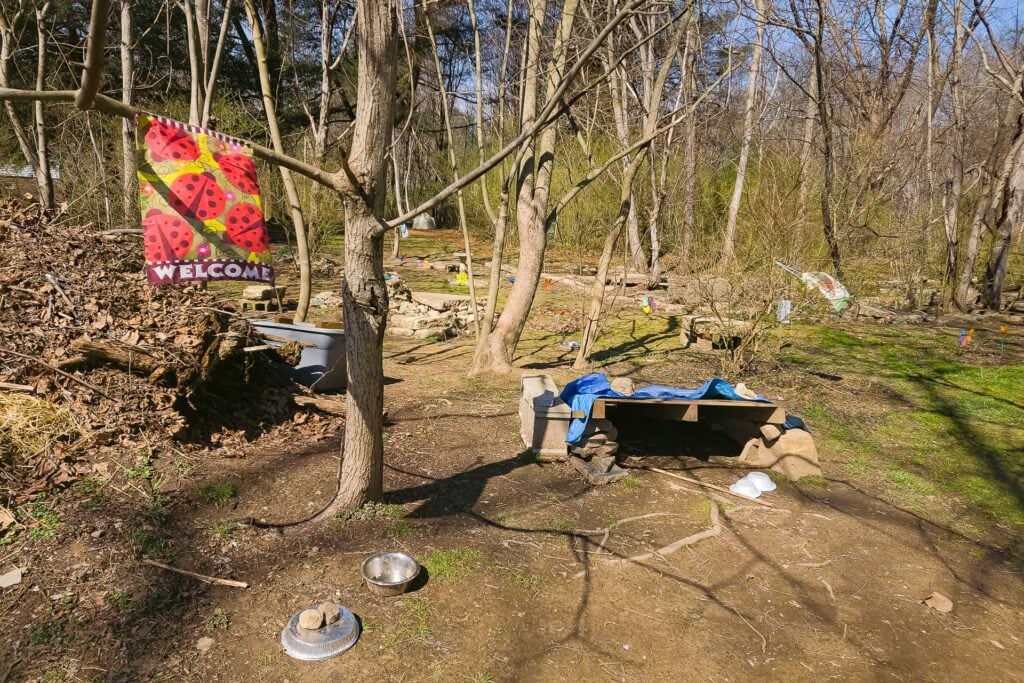
The other feral cats were returned to the colony because they were unlikely to acclimate to humans.
“A lot of the cats I caught this first round were older, so they were there for a very long time, so I put them back [in the colony area] fully healthy, fully vaccinated,” Goldsmith said. “I put them back because they already know that area, they know what they’re doing, they know how to survive there, with or without being fed.”
“They know how to hunt, they know how to take care of themselves, and they know that is a safe space, so putting them back there was the best option instead of relocating them somewhere where they didn’t know how to feed themselves,” she added.
LUAC representatives, including Goldsmith, hope that trapping and releasing the felines will make the colony smaller in the long term.
“They will live their life and just die of old age; no more diseases are being spread because the fighting has stopped, no more sick babies – they’ll just live to eat and hang out,” Goldsmith said.
Goldsmith acknowledged that people like to feed the cats and gave some tips.
“There was trash there, there were bowls — Styrofoam and things like that — so if the community could keep that picked up, I would be more than happy to fix the cats and put them back, as long as the people who feed them keep up with the area where they’re staying,” she said. “It does smell a little bit and you could tell that the cats were fighting because there was hair and things but getting them fixed will prevent that.”
Goldsmith suggested some substitutes for plastic or Styrofoam feeding bowls.
“Instead of putting Styrofoam bowls out there, get tortillas or things like that because the cat will eat those,” she said. “There’s metal bowls already out there; just don’t use plastic or Styrofoam, but if you are going to use those, just pick them up before you leave so they don’t blow in the river.”
More trappings are scheduled to take place in May.
“I’ve already talked with a few lower-cost clinics about getting them in there, so it is going to cost us this time to get them fixed,” Goldsmith said. “SNIP does an amazing job, and we couldn’t have gotten any luckier with Free Feral Day, so this time, I’ve found a place in Pennsylvania that does cats for $40 that are trapped. They said I could bring 10 in May, so I’m hoping by then we can get a little more cooperation from the public so that I can trap them a little faster — maybe a donation or two to help pay for these cats to help get that colony collected and dealt with, and once we’re done there, we may move to a different colony if this is successful.”
LUAC director Jan Cochran said she hopes the community knows they are performing the trapping, neutering/spaying, and releasing to help the cats. Cochran also pleaded with the public not to drop off any additional unwanted or stray cats in that area.
“We’re trying to do something good; we’re not here to hurt them, and please don’t dump anymore out there,” Cochran said. “After we get all these guys fixed, we’re just trying to control the population and then let them go down there on their own.”
